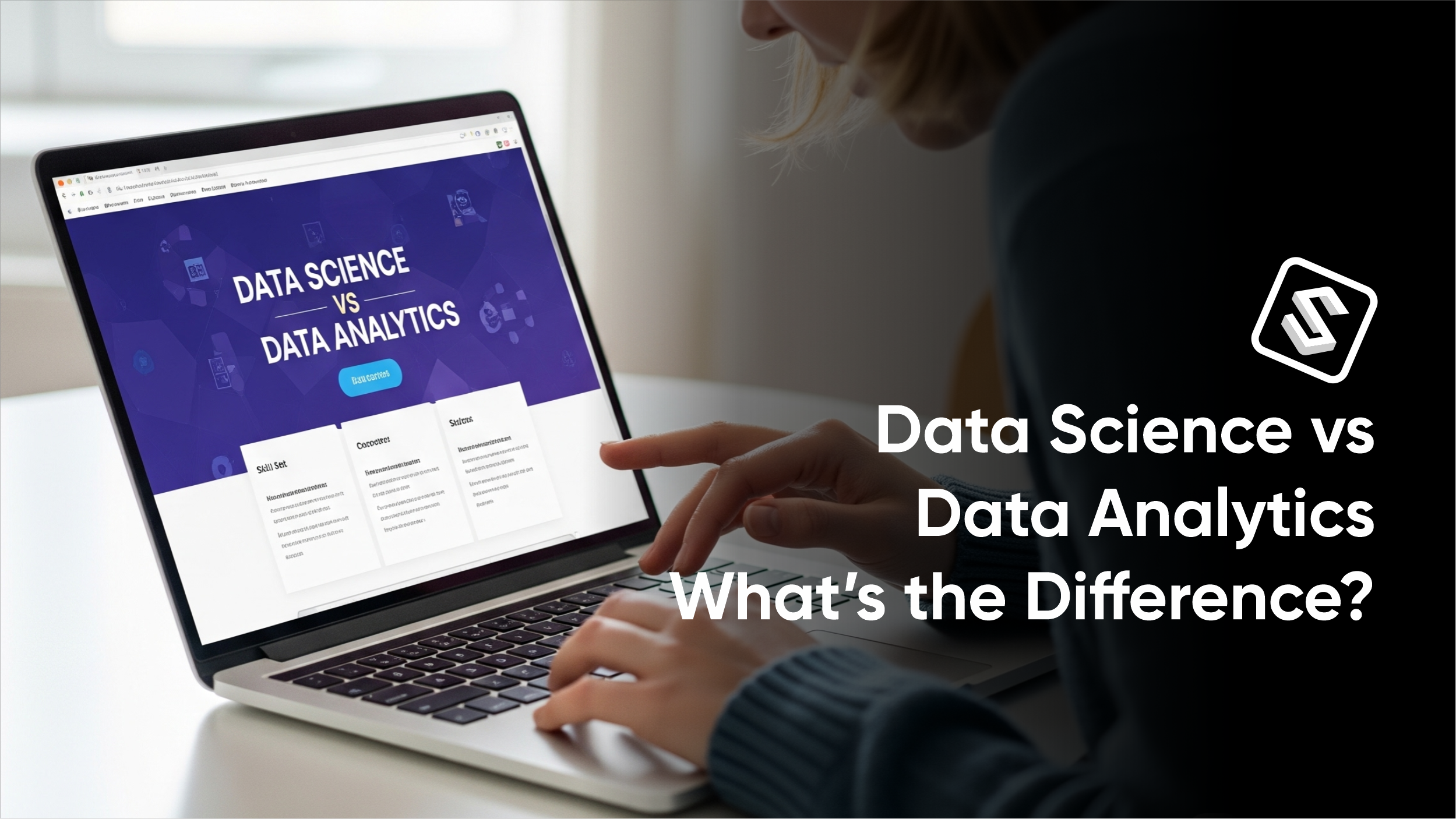
Who Is a Business Analyst?
The role of a Business Analyst (BA) is critical in today’s fast-moving business world. A BA acts as a bridge between business goals and technical teams, helping companies make smart decisions using data and strategy. At Skill Stack Hub, we believe that anyone with the right mindset and training can become a successful Business Analyst. Our tailored Business Analyst course helps learners build practical and in-demand skills, using the latest business analyst tools used across industries.
1. Analytical Thinking and Problem Solving
One of the core strengths of any business analyst is analytical thinking. A good BA must be able to break down complex problems into smaller parts and look at data logically. They must also understand trends and interpret them into useful insights.
At Skill Stack Hub, our Business Analyst course includes multiple case studies that build your problem-solving mindset. We also introduce real-time business scenarios where you learn how to analyze data and drive strategic outcomes using leading business analyst tools.
2. Communication Skills
Communication is at the heart of everything a Business Analyst does. You’ll need to talk to stakeholders, gather requirements, prepare reports, and even present your findings to leadership. This means being strong in written, verbal, and visual communication.
In our training at Skill Stack Hub, we focus on developing communication skills through mock presentations, documentation exercises, and stakeholder role-play, which are essential parts of any professional Business Analyst course. With the right use of business analyst tools like PowerPoint, Visio, and Balsamiq, you can present insights clearly and effectively.
3. Understanding of Business Processes
A BA must understand how businesses work across various domains like finance, HR, marketing, or logistics. They should be able to map processes, identify pain points, and suggest improvements.
Whether you're new to business or coming from another domain, the Business Analyst course at Skill Stack Hub includes business process modeling, value stream mapping, and case studies from real industries. Combined with business analyst tools like Lucidchart and Microsoft Visio, our learners quickly grasp how modern businesses function.
4. Technical Skills
While you don’t need to be a programmer, some technical knowledge is essential. Understanding databases, basic SQL queries, and data visualization tools helps a lot. Familiarity with software development life cycles (SDLC) and agile frameworks is also a big plus.
In our hands-on Business Analyst course, learners at Skill Stack Hub gain exposure to technical concepts, including using business analyst tools like JIRA, Confluence, and SQL-based platforms. This builds confidence when working with IT or product teams.
5. Requirement Gathering and Documentation
Gathering business requirements accurately is one of the primary tasks of a BA. You’ll need to interview stakeholders, conduct workshops, and translate business needs into functional documents.
Our learners at Skill Stack Hub practice this in every project. From writing BRDs (Business Requirement Documents) to FRDs (Functional Requirement Documents), our Business Analyst course ensures you're prepared for real-world documentation. We also teach the use of business analyst tools like Trello and Google Docs for collaborative requirement gathering.
6. Decision-Making and Strategic Thinking
A Business Analyst often plays a key role in making recommendations that affect company strategy. Your suggestions must be based on a deep understanding of business needs and backed by data.
At Skill Stack Hub, our mentors guide learners to think like strategists. Every module in our Business Analyst course challenges you to interpret business data and propose well-thought-out solutions. With the help of business analyst tools such as SWOT analysis templates and KPI dashboards, decision-making becomes easier.
7. Project Management Skills
Business Analysts often work alongside project managers. While you're not expected to manage full projects, understanding timelines, milestones, risk, and scope is valuable.
That’s why we include project planning fundamentals in our Business Analyst course. Learners use tools like Gantt charts, Asana, and Microsoft Project to understand how business analysis fits into project cycles. At Skill Stack Hub, we prepare you for the entire lifecycle, from initiation to delivery.
8. Data Interpretation and Visualization
With businesses relying heavily on data, Business Analysts must understand how to interpret data and visualize it for non-technical teams. Tools like Excel, Tableau, and Power BI are commonly used.
Our Business Analyst course offers practical sessions in all major business analyst tools, helping you convert raw data into actionable dashboards and charts. At Skill Stack Hub, we focus on making you confident with data storytelling and insights reporting.
9. Adaptability and Continuous Learning
The business world changes fast. New tools, methods, and technologies are introduced all the time. A good Business Analyst keeps learning and stays up to date.
That’s why at Skill Stack Hub, we don’t just teach skills—we instill a learning mindset. Even after completing our Business Analyst course, students get regular updates, access to webinars, and new lessons covering emerging business analyst tools and techniques.
10. Certifications and Practical Training
While a degree may help, most companies today look for practical skills and certifications. A well-structured Business Analyst course that includes live projects, tool training, and interview preparation can fast-track your entry into the field.
At Skill Stack Hub, our certifications are recognized across industries. Students gain access to job-ready portfolios, resume templates, and mock interviews. Plus, with expert-level training in business analyst tools, you’ll be career-ready from day one.
Ready to Become a Business Analyst?
A Business Analyst is more than just a data expert — they’re thinkers, communicators, problem-solvers, and strategists. To succeed, you need to build both technical and soft skills, and practice using real business analyst tools in business environments.
At Skill Stack Hub, we offer a complete Business Analyst course designed for beginners and professionals alike. Whether you're switching careers or just starting out, our hands-on training will give you everything you need to become a confident and certified Business Analyst.




